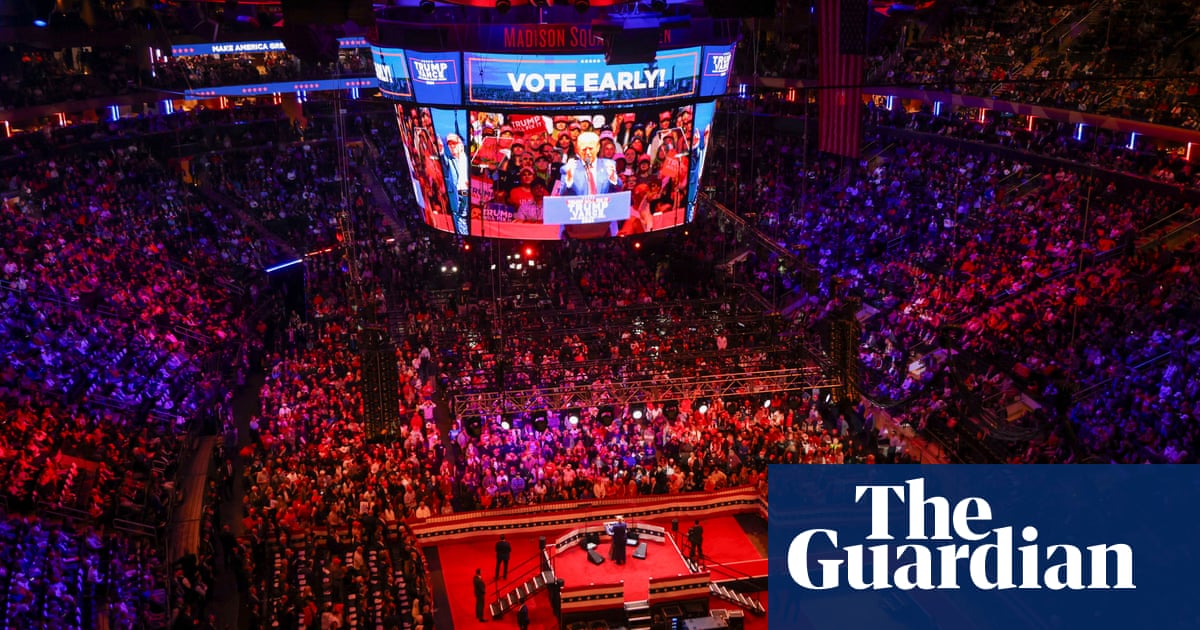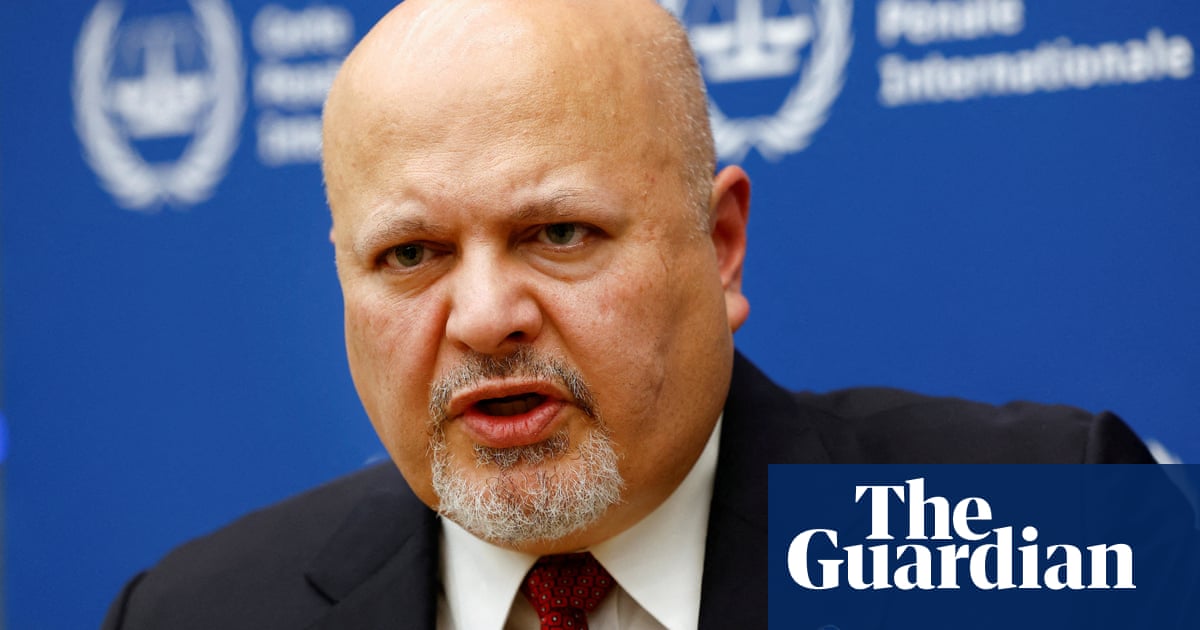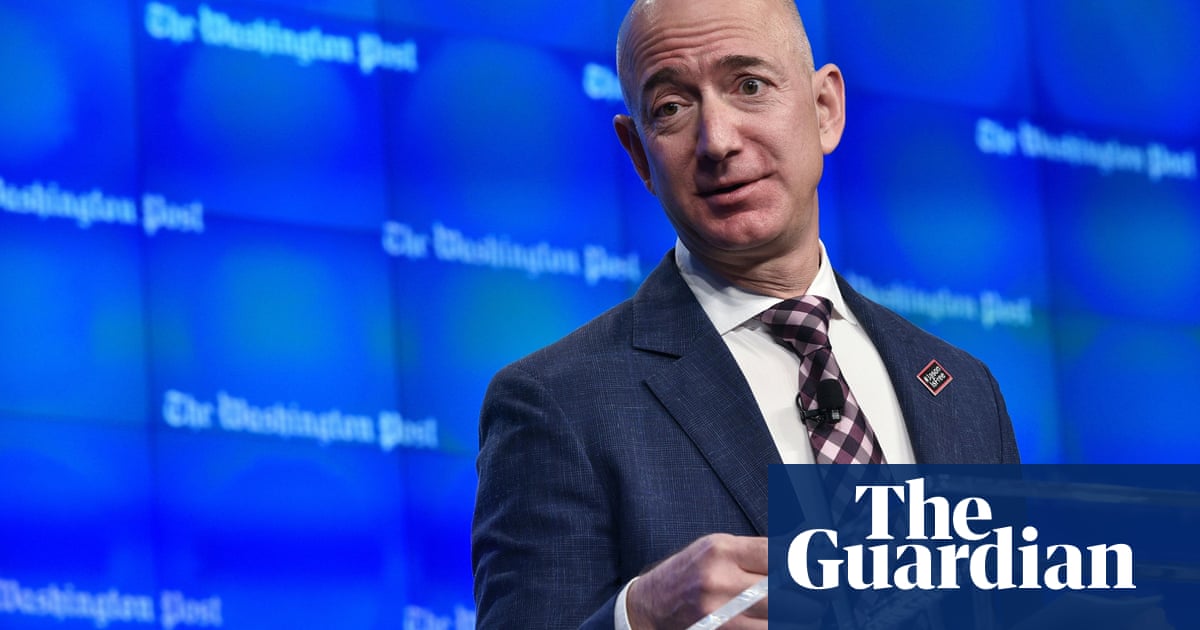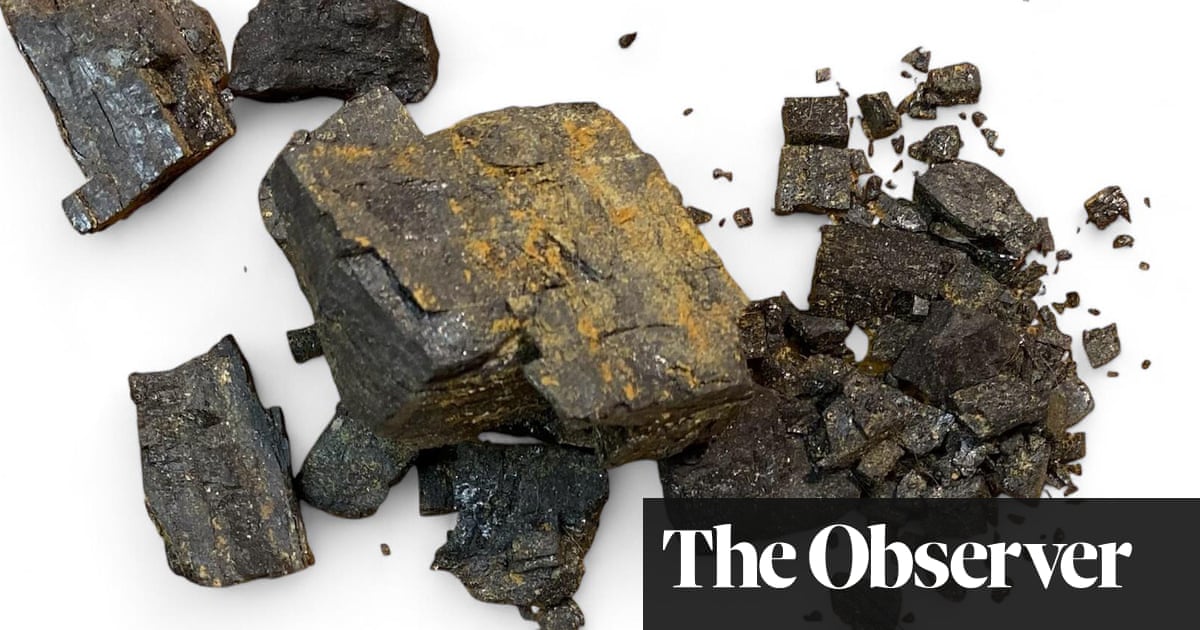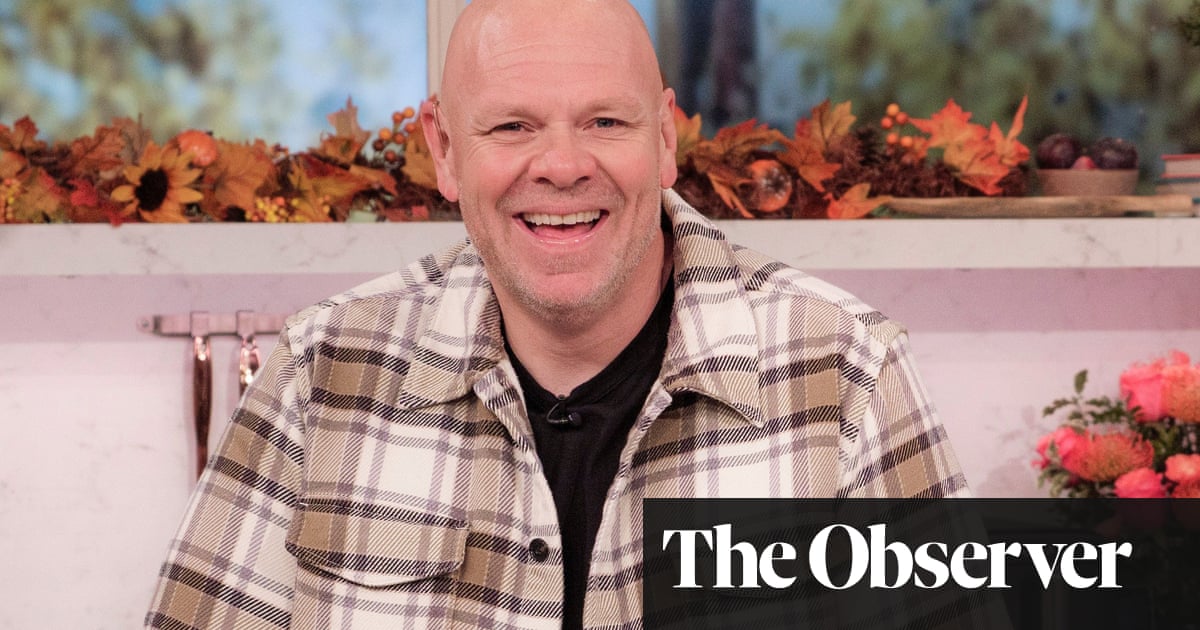Anger and vitriol took center stage at New York’s Madison Square Garden on Sunday night, as Donald Trump and a cabal of campaign surrogates held a rally marked by racist comments, coarse insults, and dangerous threats about immigrants.
Nine days out from the election, Trump used the rally in New York to repeat his claim that he is fighting “the enemy within” and again promised to launch “the largest deportation program in American history”, amid incoherent ramblings about ending a phone call with a “very, very important person” so he could watch one of Elon Musk’s rockets land.
The event at Madison Square Garden, in the center of Manhattan, had drawn comparisons to an infamous Nazi rally held at the arena in 1939. Tim Walz, Kamala Harris’ running mate, said there was a “direct parallel” between the two events, and the Democratic National Committee projected images on the outside of the building on Sunday repeating claims from Trump’s former chief-of-staff that Trump had “praised Hitler”.
There was certainly a dark tone throughout the hours-long rally, with one speaker describing Puerto Rico, home to 3.2m US citizens, as an “island of garbage”; Tucker Carlson mocking Harris’ racial identity; a radio host describing Hillary Clinton as a “sick bastard”; and a crucifix-wielding childhood friend of Trump’s declaring that Harris is “the antichrist”.
The Puerto Rico comments, made by Tony Hinchliffe, a podcaster with a history of racist remarks, were immediately criticized by the Harris-Walz campaign. Ricky Martin, the Puerto Rican popstar who has more than 18m followers on Instagram, wrote in a post: “This is what they think of us. Vote for @kamalaharris.”
Trump campaign spokesperson Danielle Alvarez in a statement said “this joke does not reflect the views of President Trump or the campaign.”
But that could prove problematic in Pennsylvania, where the majority of the swing state’s 580,000 eligible Latino voters are of Puerto Rican descent. Both campaigns have been trying to appeal to Latino voters in the final weeks of the campaign, and Harris had visited a Puerto Rican restaurant in Philadelphia earlier on Sunday, where she outlined plans to introduce an “economic opportunity taskforce” for Puerto Rico.
The pugnacious mood didn’t change once Trump began speaking, as the former president quickly repeated his pledge to “launch the largest deportation program in American history”.
Trump continued his frequent rants about immigration and claimed that a “savage Venezuelan prison gang” had “taken over Times Square”, which will come as a surprise to anyone who has recently visited the New York landmark. The former president also stated, wrongly, that the Biden administration did not have money to respond to a recent hurricane in North Carolina because “they spent all of their money bringing in illegal immigrants, flying them in by beautiful jet planes”.
Trump’s usual dystopian threats were on offer, as the 78-year-old expanded on his claims about “the enemy within” – a group of political opponents that he has said he will set the military on if elected.
“We’re just not running against Kamala. I think a lot of our politicians here tonight know this. She means nothing, she’s purely a vessel that’s all she is,” Trump said.
“We’re running against something far bigger than Joe or Kamala and far more powerful than them, which is a massive, vicious radical-left machine that runs today’s Democrat party. They’re just vessels.”
Trump’s appearance at Madison Square Garden – home to the New York Knicks and Rangers, and venue for countless legendary acts including Elvis Presley, Michael Jackson and John Lennon’s last concert appearance before his murder – marks the culmination of his peculiar love-hate flirtation with his native city. Despite the fact that he has no chance of winning New York state – Harris is 15 points ahead in the Five Thirty Eight tracker poll – this was his third rally here this year.
In May he made an audacious attempt to woo Black and Latino voters in the south Bronx, just a few miles from his childhood home in Queens. Then in September, he pitched up in the New York City suburbs in Long Island.
What Trump intends by staging this trilogy of seemingly pointless electoral appearances is unclear. He has used his rambling speeches to take a nostalgic walk down memory lane to what he sees as the golden days of his life as a New York real estate magnate.
But he has also portrayed New York City in the most dark and dystopian terms, as a rat-infested haven for drug addicts, gangs and “illegal aliens” housed in luxury apartments while military veterans shiver on the sidewalks. His toxic language is perhaps a reflection of his bitterness towards the city of his birth, which in separate court cases has convicted him of 34 felonies, found his company the Trump Organization guilty of criminal tax fraud, and found him personally liable for sexual abuse.
On Sunday Trump again criticized his home town, claiming that the Biden administration had forced “hundreds of thousands of really rough people” into the city and telling New Yorkers, despite police saying crime has declined: “Your crime is through the roof. Everything is through the roof.”
after newsletter promotion
The pugnacious tone had been set earlier in the afternoon, when several of the opening speakers made obscenity-laced and hate-filled remarks.
Hinchcliffe’s comments about Puerto Rico – he also made lewd sexual innuendos about Latina women – were met with big laughs from the crowd. A comment from radio personality Sid Rosenberg that Hillary Clinton is a “sick bastard” was similarly well received, as was Rosenberg’s claim that “the fucking illegals get everything they want”.
David Rem, a Republican politician who the Trump campaign described as a childhood friend of the former president, called Harris “the devil” and “the antichrist”, to loud cheers. Rem later took a crucifix out of his pocket and announced that he was running for New York City mayor.
As soon as Trump announced his intention to stage a rally at Madison Square Garden just days before the election, critics leapt to point out historical parallels with one of the most notorious events in New York history. On 20 February 1939, just seven months before Germany invaded Poland, the pro-Hitler German American Bund held a mass Nazi rally in the exact same arena.
The organizers chose George Washington’s birthday as the date to parade their vision of an Aryan Christian country dedicated to white supremacy and American patriotism. They erected a giant portrait of Washington, which they flanked with swastika flags alongside the stars and stripes.
More than 20,000 American Nazi sympathisers attended, many dressed in storm trooper uniforms and giving the Sieg Heil salute. The “Führer” of the American Bund, Fritz Kuhn, told the crowd that America would be “returned to the people who founded it”, and decried the “Jewish controlled press”.
Hillary Clinton had noted the similarities between the two events in an interview with CNN last week, and at a rally in Nevada earlier on Sunday, Walz was happy to continue the comparison.
“Donald Trump’s got this big rally going at Madison Square Garden,” Walz said.
“There’s a direct parallel to a big rally that happened in the mid-1930s at Madison Square Garden. And don’t think that he doesn’t know for one second exactly what they’re doing there.”
The Trump campaign reacted furiously to the accusations, describing Clinton’s comments as “disgusting”. One of the few people to reference the 1939 rally on Sunday was Hulk Hogan, who emerged to wrestling music, spent several seconds struggling to rip off his shirt, then claimed: “I don’t see no stinkin’ Nazis in here”.
After a night of fire and fury, it will be up to the American voters to decide.
